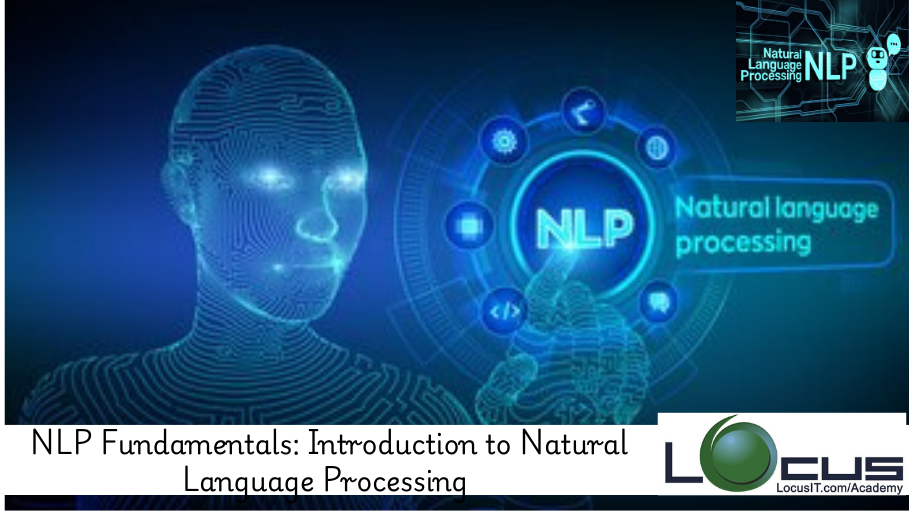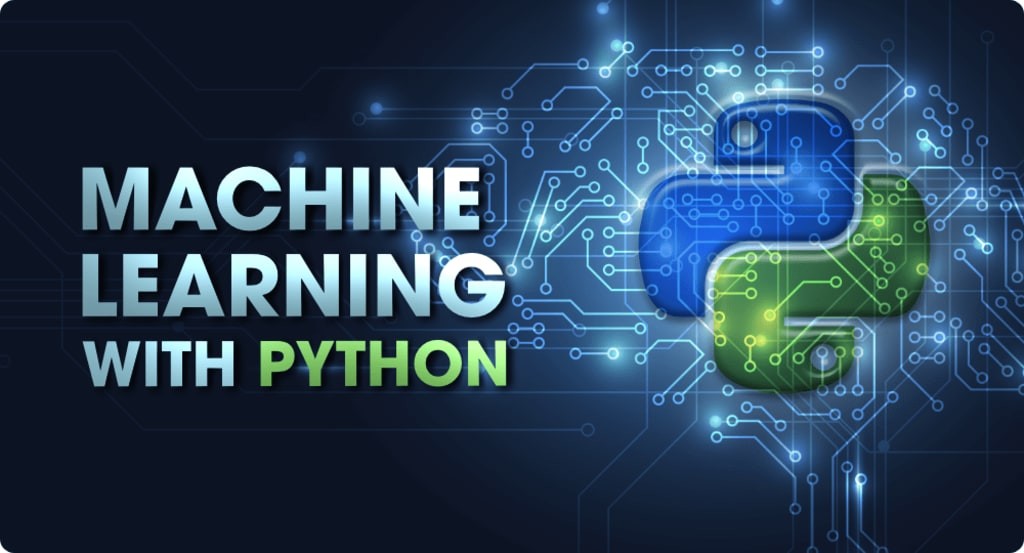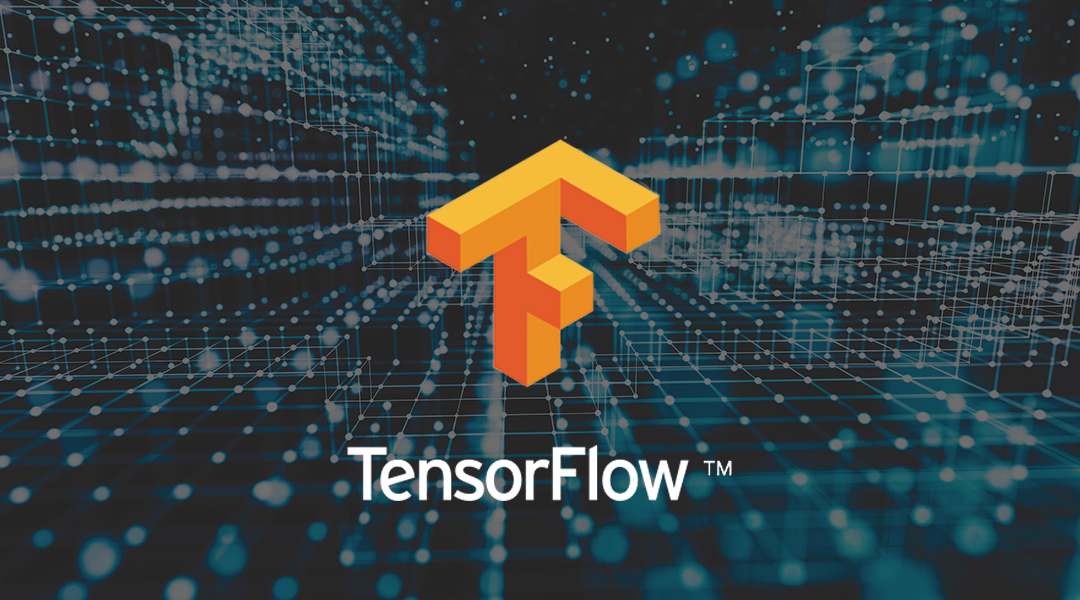Description
Introduction of Natural Language Processing Fundamentals
Natural Language Processing (NLP) bridges the gap between human language and machine understanding. This course provides a foundational understanding of NLP concepts, techniques, and applications. Whether analyzing text, building chatbots, or exploring sentiment analysis, this course equips you with the essential knowledge and tools to start your NLP journey.
Prerequisites
- Basic understanding of Python programming.
- Familiarity with machine learning concepts.
- Awareness of data processing techniques (recommended).
Table of Contents
- Introduction to Natural Language Processing Fundamentals
1.1 What is Natural Language Processing?
1.2 Applications of NLP in Real-World Scenarios
1.3 Challenges in Processing Human Language - Core Concepts in NLP
2.1 Tokenization and Text Preprocessing
2.2 Stop Words, Lemmatization, and Stemming
2.3 Part-of-Speech Tagging(Ref: Mastering NLP with Python: From Basics to Advanced Techniques ) - NLP Techniques and Models
3.1 Bag of Words (BoW) and TF-IDF
3.2 Word Embeddings: Word2Vec, GloVe, and FastText
3.3 N-grams and Language Models - Text Classification and Sentiment Analysis
4.1 Introduction to Text Classification Tasks
4.2 Building a Sentiment Analysis Model
4.3 Evaluating Text Classification Models - Named Entity Recognition (NER)
5.1 Understanding Named Entities
5.2 Rule-Based vs. Machine Learning-Based NER
5.3 Applications of NER in Information Extraction - Topic Modeling and Clustering
6.1 Introduction to Topic Modeling
6.2 Latent Dirichlet Allocation (LDA)
6.3 Text Clustering with K-Means - Working with Text Data
7.1 Parsing and Understanding Syntax (Dependency Parsing)
7.2 Extracting Features from Text
7.3 Handling Large Text Datasets - Introduction to Deep Learning in NLP
8.1 Recurrent Neural Networks (RNNs) and LSTMs
8.2 Transformer Models: A Primer
8.3 BERT and Beyond: Pretrained NLP Models - Building Chatbots and Conversational AI
9.1 Basics of Chatbot Architecture
9.2 Intent Recognition and Response Generation
9.3 Using Prebuilt NLP APIs for Chatbots - Hands-On Labs
10.1 Preprocessing and Tokenization in Python
10.2 Building a Sentiment Analysis Model with scikit-learn
10.3 Implementing NER with spaCy
10.4 Creating a Simple Chatbot with NLP Libraries - NLP Tools and Libraries
11.1 Overview of Popular NLP Libraries (NLTK, spaCy, Hugging Face)
11.2 Choosing the Right Library for Your Project
11.3 Integrating NLP into Applications - Ethics and Limitations in NLP
12.1 Addressing Bias in NLP Models
12.2 Ensuring Privacy and Data Security
12.3 Understanding NLP’s Limitations and Future Directions - Case Studies in NLP
13.1 Sentiment Analysis in Social Media
13.2 Information Retrieval for Search Engines
13.3 Text Summarization in News Aggregation
Conclusion
This course lays the groundwork for exploring the vast field of NLP. By mastering the fundamentals, participants will be equipped to analyze and process human language, build text-driven applications, and advance their expertise in this dynamic domain. Embark on your NLP journey and unlock new possibilities!







Reviews
There are no reviews yet.